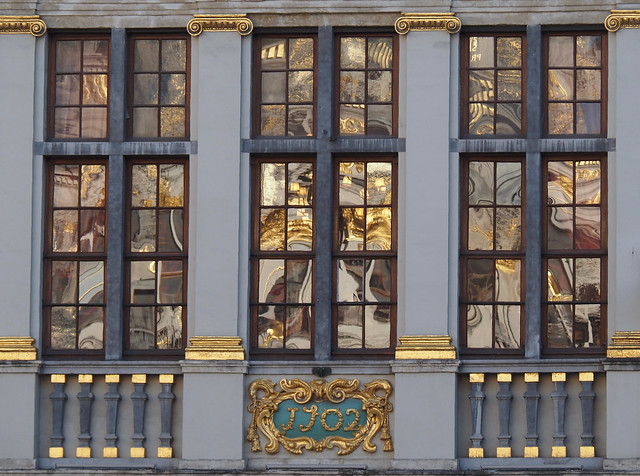I’m thinking of becoming a less lazy photographer. Can you help?
Long-time readers of this blog will know that I enjoy a bit of photography from time to time, since I have an annual tradition of posting my favourite photographs at the end of each year. Photography is something I’ve enjoyed since childhood. I was probably only seven or eight when I got my first camera. As a teenager I set up camp on weekends in my dentist father’s darkroom to make my own black-and-white prints. I was happy to make the switch to digital, and happier still as the iPhone camera developed into a credible substitute for a compact digital camera, though I enjoy the versatility that comes with a camera that has interchangeable lens. Long a fan of Canon digital SLRs, I made the switch a few years ago to the smaller, lighter and mirrorless Olympus OMD E-M5 MkIII. Recently, I’ve rather greedily treated myself to a high-quality compact camera, the Ricoh GR IIIx, convincing myself it would be a great travel supplement to my iPhone and that I wanted to develop my street photography.
But even with all that gear, I’m a lazy photographer. All my photos are taken as jpegs and imported straight into Apple Photos, which comes free on every Mac. There they can be lightly edited, sorted and archived. I pay for iCloud storage so that I have access to all my photos on my computer, iPad and iPhone.
I like to think that I have a good eye for colour and composition, and a reasonable understanding of how to play with or control light and shade; so I confine myself to fairly minimal editing in Photos – straightening a wonky horizon, cropping, tweaking the highlights, shadows and saturation, and maybe adding a bit of sharpening. And then I’m done.
Lately, I’ve been wondering about doing more. I know that if I were to shoot in RAW, I would have a lot more control over the edit. I would have even more control if I invested in a better editing programme, such as Adobe’s Lightroom. But so far I’ve been put off by the hassle and perhaps kidding myself that my composition doesn’t need the extra help.
A blogpost by David Bradley, who is a very fine photographer, particularly of wildlife, revealed to me just how much improvement can be gained from using good digital tools. The post explains his workflow for getting a sharp shot of a bird in flight, which involves shooting in RAW, and processing the image in DxO’s PureRaw2 programme to remove noise, before importing into Lightroom for further sharpening and adjustments to the exposure. He also recommends using Topaz’s Sharpen AI tool in some cases, which can deal with motion and other forms of blurring. The result is impressive.
I think I’m nearly ready to jump, not least because Mrs C and I will be going on safari in Kenya in the summer and, while I’m not expecting to return with pictures that would be worthy of National Geographic, I would like to feel that I had done my best with the opportunity. First, though, I would like to hear more about other people’s workflows. There are so many tools out there that it can be a bit bewildering and, as I think I’ve mentioned already, I’m a lazy photographer.






I started reading this and thought…hmm…I should send a link to my article about using DxO and the like…and then I saw my name! Hahaha
You too are a very fine photographer Stephen, as I’ve said a few times before, I think the way we mentally process a scene and take a photo are quite similar in terms of subject and composition. I think I first noticed this with your Dubrovnik photos years ago…as I too had just been and I reckon we could’ve swapped contact sheets and nobody would’ve been any the wiser, hahaha
Thanks for the comment David. I guess since you’re a Paintshop Pro user, which I can’t get for a Mac, you can’t advise on the various flavours of Lightroom (or Photoshop) I should go for.